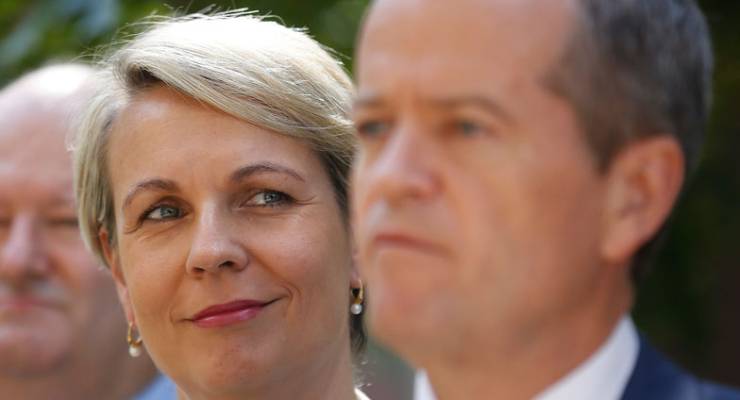
The marriage equality plebiscite is one step closer to being a reality, with the government preparing to spend at least $160 million on a public vote after the election.
In one paragraph at the end of Attorney-General George Brandis’ press release for budget, the government announced it had “made provision in the Contingency Reserve of $160 million for the plebiscite on same-sex marriage”, in addition to $160 million for the referendum on constitutional recognition of indigenous Australians.
The Contingency Reserve is for things the government expects to affect the budget but has not yet allocated funding for. It’s unclear why the government opted to put it in the reserve and not fund it, given that the government has indicated the plebiscite will happen shortly after the election, and many other policies that will happen after the election have been included in the budget.
One reason could be that Labor, promising to bring on a marriage equality bill to Parliament within 100 days of being elected, could book a $160 million saving in not proceeding with the plebiscite, but it can’t with the way the government has announced the funding.
Details about the plebiscite are still scarce, except a July 2 election, which will likely be called before the end of this week, would mean that a re-elected Turnbull government could conduct the plebiscite this year.
Legislation will still need to pass to enable the plebiscite, and Attorney-General George Brandis shelved plans for the legislation in March, given the difficulty it would face passing in the current Senate, with Labor, the Greens, and some on the crossbench opposed to the plebiscite.
The $160 million in funding is based on the Australian Electoral Commission’s estimate released last year accounting for staffing, booths and education material.
It is more of an estimate for the government than an actual costing for the plebiscite. No funding has yet been reserved for funding “yes” and “no” campaigns, and Crikey understands the government has yet to decide whether it will offer public funding for each side.
The Australian Christian Lobby wants public funds for the plebiscite and specifically wants to prevent overseas donors from providing funding to either the yes or no campaign.
This week Labor Deputy Leader Tanya Plibersek introduced another marriage equality bill into Parliament, acknowledging it would not pass and was more of a promise of things to come.
“Think of this bill as a marker. More than that, think of it as a promise, a promise that Labor will introduce legislation for marriage equality in the first 100 days of a Shorten Labor government. That is the clear choice: the Liberals’ divisive and expensive plebiscite, a delaying tactic designed to stop marriage equality, or a Labor government which will make marriage equality law. Let’s get this done. It is time.”
Australian Marriage Equality is preparing for both eventualities, but national director Rodney Croome says the funding provision shows how costly and wasteful a plebiscite would be given it could just be passed by Parliament.








The purpose of such plebiscites under Australian Constitutions is little more than a means of helping Political Powere Brokers to appear to not be involved in whatever eventually happens.